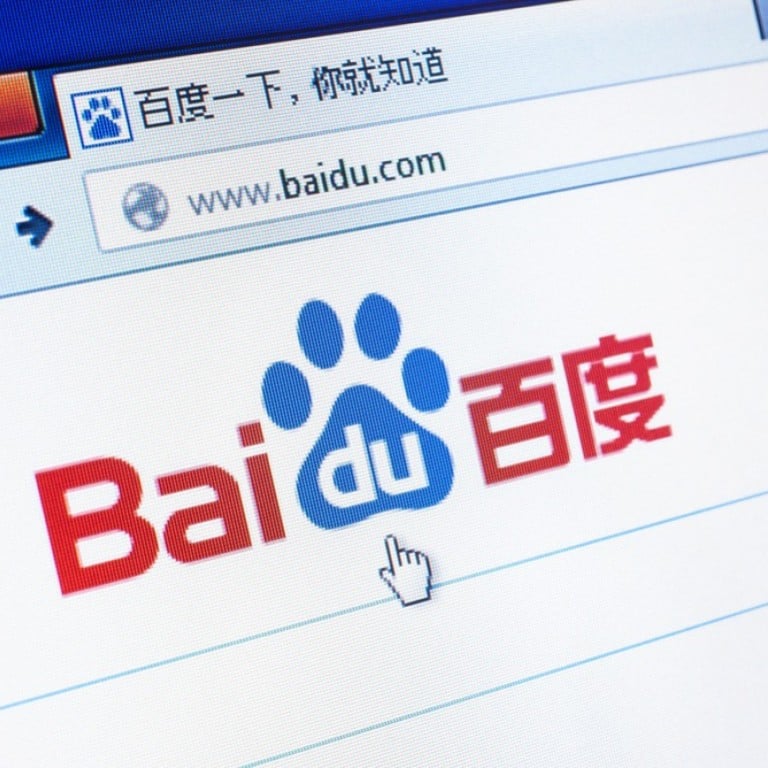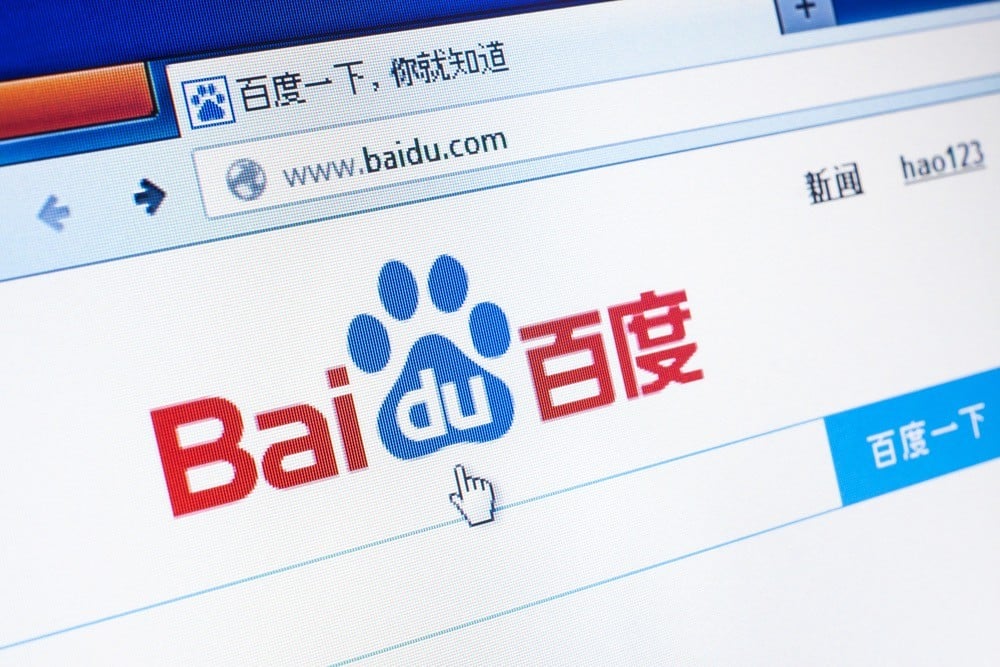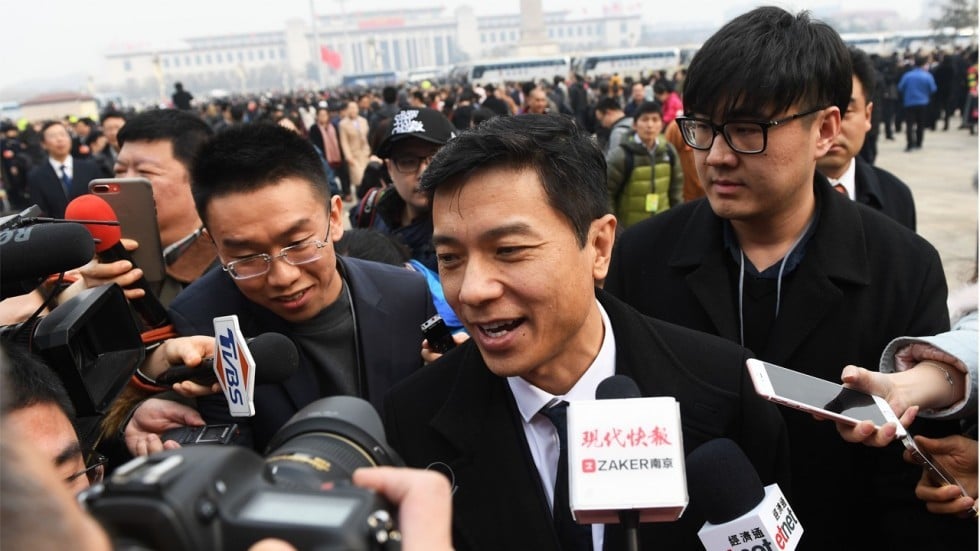
Meet Baidu, China’s homegrown search engine
One of China’s three tech titans (it’s the B in BAT), Baidu is effectively the country’s Google. It’s China’s biggest search engine, and is now investing heavily in AI and self-driving cars.
To put it simply, Baidu is the Google of China.
That comparison comes direct from Baidu’s own former group president. Admittedly, Lu Qi is a little biased here. But he’s also not wrong: Google and Baidu have a lot of similarities.
Like Google, Baidu made its name as a search engine. And like Google, it’s now trying to establish itself as a leader in artificial intelligence.

Let’s take a step back and get to the beginning of the story. Baidu was founded in the year 2000 by Chinese entrepreneurs Robin Li and Eric Xu, both of whom graduated from colleges in the US.
Before founding Baidu, Li was himself an accomplished technologist who created a patented site-scoring algorithm for Dow Jones. When he returned to Beijing in 1999, he saw an opportunity in starting a search engine company for Chinese users. And with the help of Xu, who is a biochemist, Baidu was born.
How Baidu's Robin Li founded China's answer to Google
The name -- Baidu -- has a poetic origin. Meaning “hundred of times,” the name came from a famous Chinese verse which said, “Having searched hundreds of times in the crowd, suddenly turning back, he is there in the dimmest candlelight."
From the beginning, the Beijing-based company was seen as a challenger to Google, which had just launched its Chinese search engine. But Google, which promised unrestricted and uncensored searches in line with its old motto “Don’t be evil”, was targeted constantly by the Chinese government. Google’s site was often blocked, and users found access slowed.
In contrast, Baidu complied with the wishes of the government and banned searches for words and phrases deemed sensitive by authorities.
For better or worse, by 2006 Baidu had already become so widely used that it overtook Google as China’s biggest search engine.

Throughout the years, Baidu mirrored many aspects of Google’s business model. Just like how Google has a whole host of internet services like Google Translate, Google Maps and Google Ads, Baidu has similar products.
While people in the West may feel that censorship is Baidu’s biggest issue, in China people are less concerned by that. Instead, critics have called other practices into question.
For instance, Alibaba quickly brought ecommerce to mobile, and built Alipay as a mobile payment platform. Tencent, on the other hand, made its messaging app WeChat an all-in-one super app, bundled with WeChat Pay. The two companies now hold China’s two biggest mobile payment platforms.
WeChat, the app that does everything
Having fallen significantly behind during the mobile revolution, Baidu is now looking for an edge to get ahead of the pack. And it’s betting heavily on AI.

But Baidu’s international clout continues to be affected by charges of censorship inside China.
For more insights into China tech, sign up for our tech newsletters, subscribe to our Inside China Tech podcast, and download the comprehensive 2019 China Internet Report. Also roam China Tech City, an award-winning interactive digital map at our sister site Abacus.

